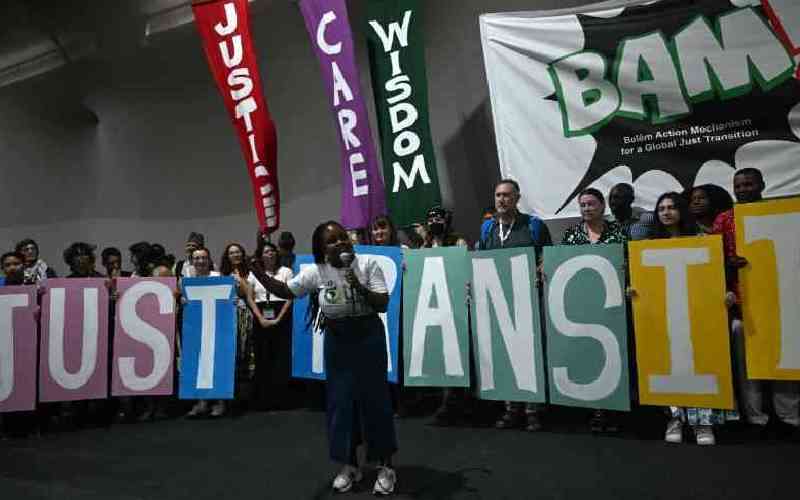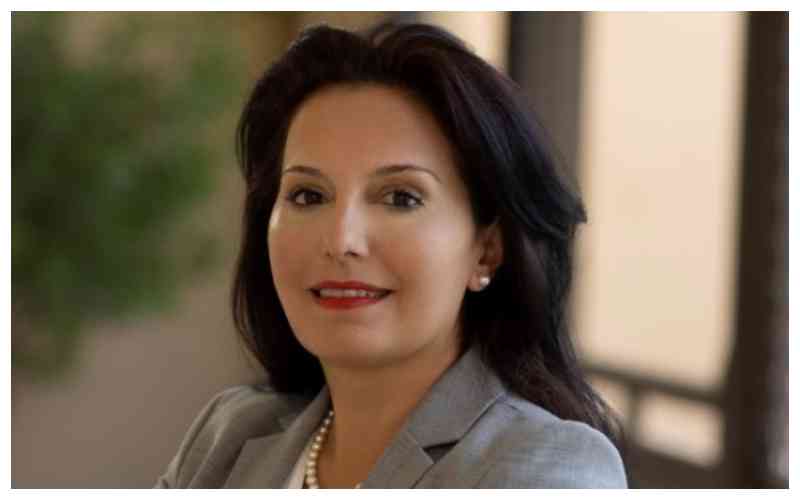
For decades, professional success was synonymous with stability. Older generations often accepted jobs that offered security even if it meant shelving personal passions. The logic was simple: work hard, climb the ladder, retire comfortably. But Gen Z, the cohort born between the mid-1990s and early 2010s, is rewriting that narrative.
Contrary to popular belief, Gen Z isn’t the happiest generation. Research shows they report higher levels of anxiety, depression and loneliness than any previous generation. Nearly 28 per cent say they feel lonely all the time, and only 15 per cent rate their mental health as excellent. Social media pressures, economic uncertainty and global crises have created a perfect storm of stress.
Yet, Gen Z is unapologetically intentional about pursuing happiness. They are less willing to sacrifice passions for security and more vocal about demanding work that aligns with their values. For them, happiness isn’t a byproduct of success, it’s a prerequisite.
Gen Z’s approach to work is radically different. While older generations prioritised salary and stability, Gen Z places purpose at the centre. Studies show that 86 per cent of Gen Z employees consider purpose critical to job satisfaction, and 75 per cent research a company’s social impact before applying. They want to know: What does this organisation stand for? How does it contribute to the world?
This shift is forcing organisations to rethink their value proposition. A competitive salary alone won’t attract or retain Gen Z talent. They expect companies to demonstrate authenticity, social responsibility and a commitment to diversity and inclusion.
Work-life balance isn’t a perk for Gen Z, it’s a baseline expectation. Remote work, hybrid models and flexible schedules are now standard demands. This generation grew up in a digital-first world, and they see no reason to be tethered to a desk from nine to five. For leaders, this means embracing flexibility as a permanent feature of modern work.
- Why Gen Z is saying no to having children
Keep Reading
Gen Z’s mental health challenges are well-documented. Six in ten report feeling overwhelmed by global events and workplace stress levels among employees under 25 are as high as those of the unemployed. Organisations that normalise mental health support, offer wellness programmes and create psychologically safe environments will not only attract Gen Z talent but also improve overall productivity.
Traditional top-down leadership models are losing relevance. Gen Z values transparency, empathy and collaboration. They respect leaders who communicate openly, admit mistakes and prioritise people over profits. Hierarchies are giving way to agile, inclusive structures where leadership is about influence, not authority. Gen Z isn’t necessarily happier but they are redefining what happiness means in the context of work.
Passion-driven careers, purpose-led organisations and flexible environments are no longer optional; they are the future. Leaders who embrace this cultural shift will unlock innovation, loyalty and resilience in a workforce that demands more than a job they demand a mission.
The writer is a consultant psychiatrist
 The Standard Group Plc is a multi-media organization with investments in media
platforms spanning newspaper print
operations, television, radio broadcasting, digital and online services. The
Standard Group is recognized as a
leading multi-media house in Kenya with a key influence in matters of national
and international interest.
The Standard Group Plc is a multi-media organization with investments in media
platforms spanning newspaper print
operations, television, radio broadcasting, digital and online services. The
Standard Group is recognized as a
leading multi-media house in Kenya with a key influence in matters of national
and international interest.











